Gaming as Art
What it brings to the table
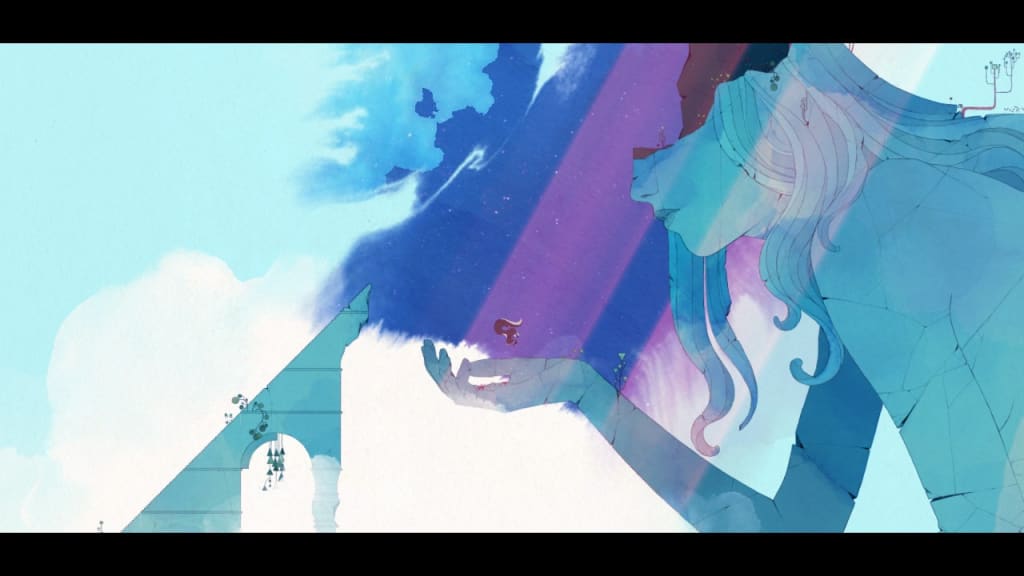
I quite often feel that gaming is very often overlooked as an art form, even scoffed at by various groups of people as connoisseurs of art and I feel it is unfairly so. As a medium, I believe it can explore all the themes traditional art styles do and add interesting perspectives to them as they games allow players to experience them for themselves from a different perspective. Yes, there are games that are just silly fun, but there are plenty of games that explore a wide variety of subjects in interesting ways.
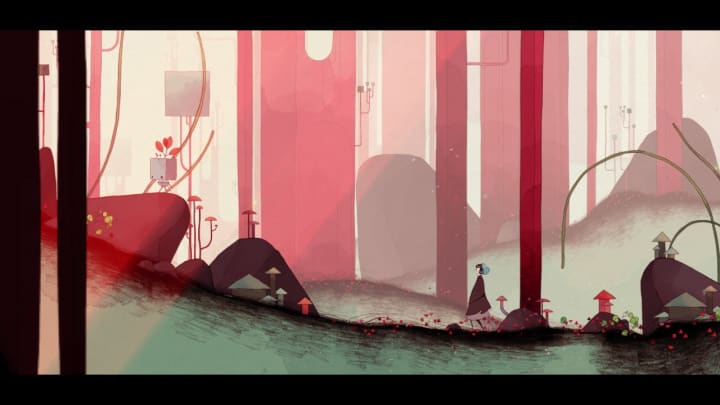
For decades, games and people who played them were scorned by those who didn't play or even understand games as a medium. There is still the idea that games are played by losers, loners and people who struggle socially or they're silly overly dramatic things that people get too attached to. With advances in tech and changes in attitudes, people are beginning to understand that there is more to gaming than gimmicky mascots, silly plots and simple button mashing.
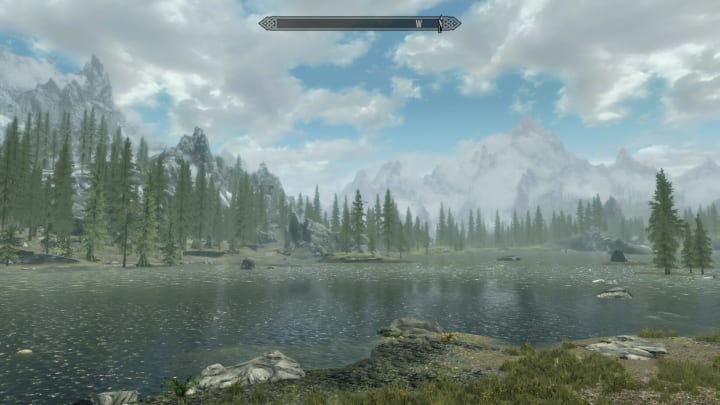
Art can be defined as "the expression or application of human creative skill and imagination, typically in a visual form such as painting or sculpture, producing works to be appreciated primarily for their beauty or emotional power." Although there might be different interpretations of what art is and how it is defined, most people focus on how art makes a person feel, and if a majority of people only perceive gaming as games like FIFA, Fortnite and Call of Duty, they are only going to see a very shallow interpretation of gaming as a medium and not the full picture of what games can produce in terms of story and character relatability. As technology has evolved, most digital art forms have had some sort of struggle to be taken seriously amongst traditional art institutions, but in particular gaming, due in part, I believe, to an image problem.

Although gaming has become more mainstream and popular I still think there is an overriding image of gamers being spotty, greasy teenagers hunched over a controller or a keyboard, or a man in his thirties who lives in his mum's garage or basement, playing violent shooters or Grand Theft Auto. But the demographic is much broader than that, as are the tastes of gamers; there are plenty of games that make you think or feel, there are games that deal with things like grief and mental illness, what it's like to deal with loss and anger. There are more to games now than just "go there, kill that thing." Hellblade: Senua's Sacrifice is a game based on what it is like to live with psychosis, as the titular character goes on a vision quest to retrieve her lover's soul from the depths of Hel, the Viking underworld. As she makes her through Hel, she experiences audio and visual hallucinations; the visual hallucinations help the player progress through the game and the audio can be experienced by wearing headphones and listening as sound appears to come from different directions. It's experiences like this that ought to change people's perception of gaming as they tie in things like visually stunning worlds with music and sound, as well as themes and stories to make people think and feel things they might not have necessarily experienced firsthand in their own lives. There are plenty of games that explore many emotionally-charged, real life experiences that have been expressed for centuries through other mediums, but now that these experiences are produced on a computer it somehow invalidates them.
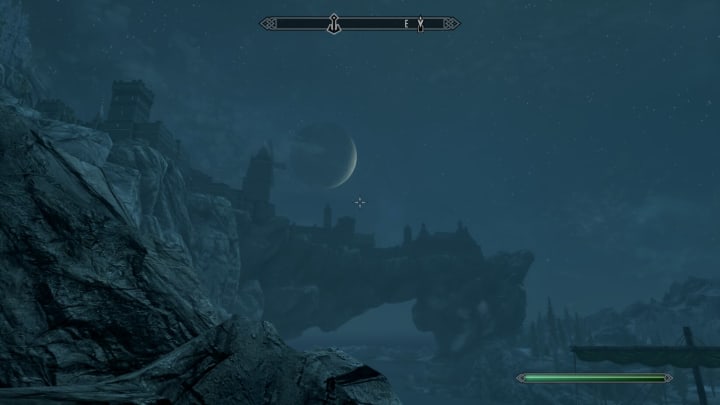
Stories now rival television and Hollywood blockbusters, as do set pieces and boss battles, which are now akin with any third act of a film and just as grandiose in scale on occasion. They can draw people in with their depth and take on a path with high, lows, twist and turns; that for me is one of gaming's strengths, is that it can a fantastic form of escapism. Some characters you play as or interactive can make you feel compassion for their situation; you can feel fear, excitement and joy or any other feeling along with the characters, as you would with any other medium of entertainment. Yet gaming still faces a kind of stigma when it comes to more traditional media and art fans. Whether or not they feel it is too nascent an art form or they have their own preconceptions of gaming as art can all contribute to how people feel about the medium in general.

Games can have the emotional gravitas of other art forms such as film, TV, books and paintings, but they include one thing that I believe makes them stand out from those things; you are in control of the subject or protagonist. This, I believe, heightens the connection to the art of gaming and can provide a more meaningful relationship to each "piece" as it makes the experience more personal. Some traditional art critics believe that the interactivity of games detracts from the ability to include games as art, but isn't all art interactive in some form or another? Some people may not realise what goes in to creating a game and therefore not realise there are processes and rules in order to construct a game just as there are in other art forms like poetry or painting or even film. Each component of a game might be considered art, such as its music and visuals or its story, yet combined together, for many people it isn't art.

Of course, at the end of the day art is subjective and how people perceive the world around it is so wildly different. Art is something that some people will always be somewhat protective over, as if it is precious and cannot be marred by modern technology or new perceptions of the world around us. But as art is difficult to quantify, all I can say is be cynical of anyone telling you what is and isn't art.
About the Creator
Enjoyed the story? Support the Creator.
Subscribe for free to receive all their stories in your feed. You could also pledge your support or give them a one-off tip, letting them know you appreciate their work.





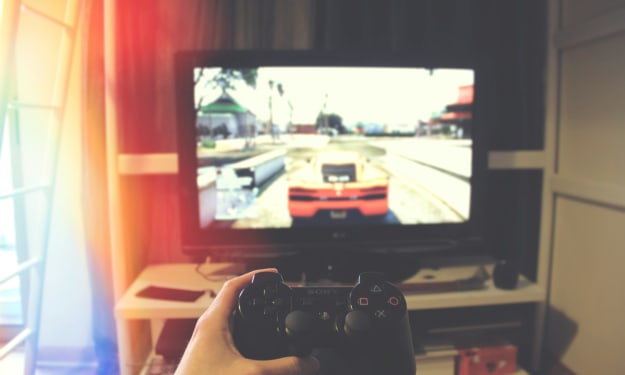

Comments
There are no comments for this story
Be the first to respond and start the conversation.